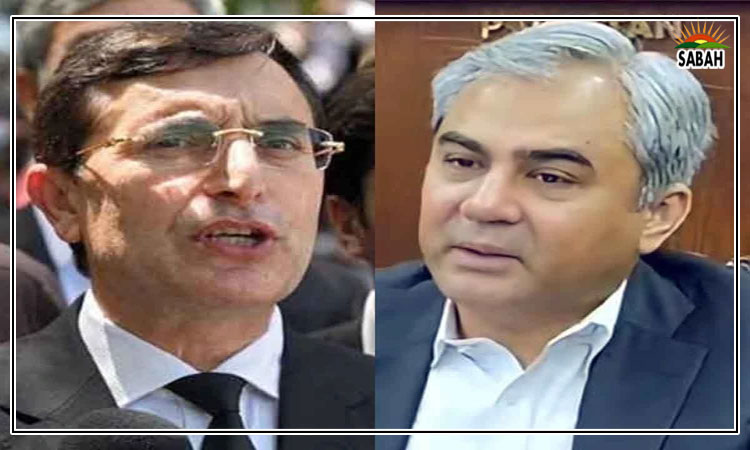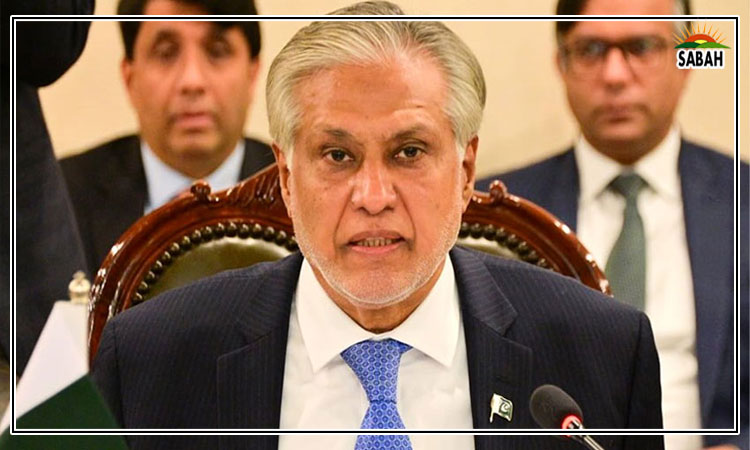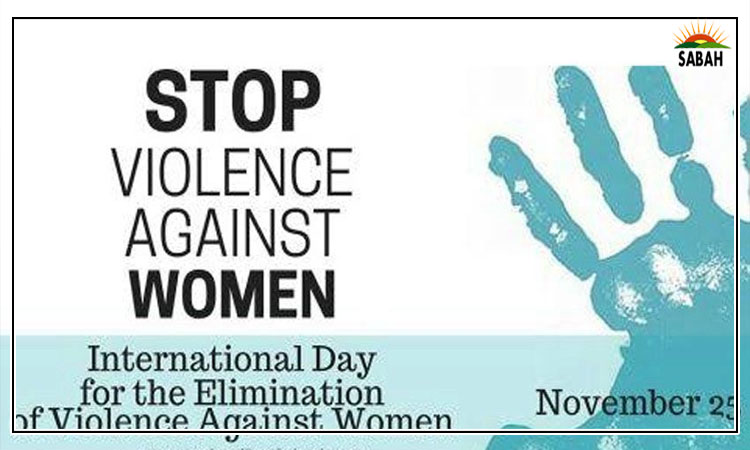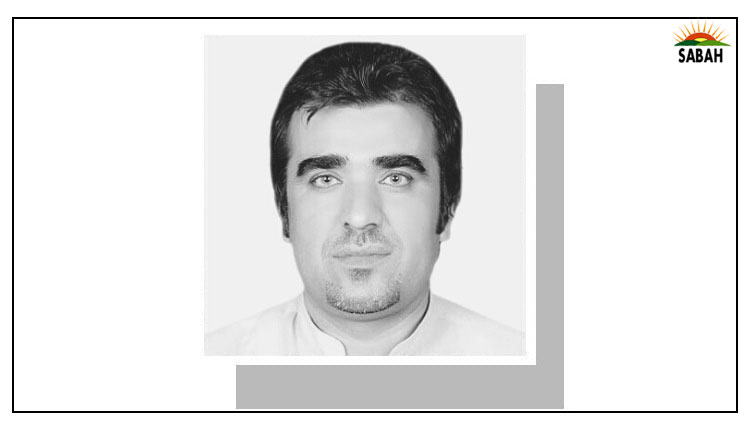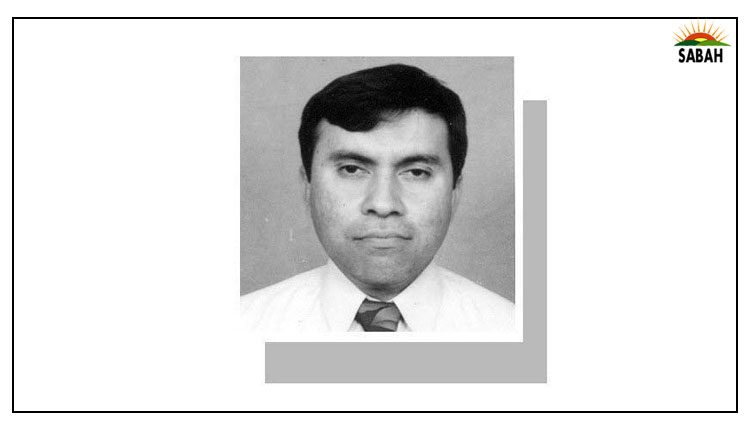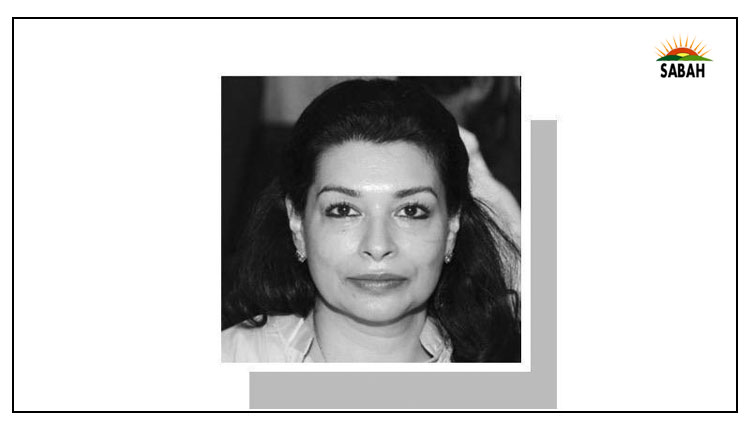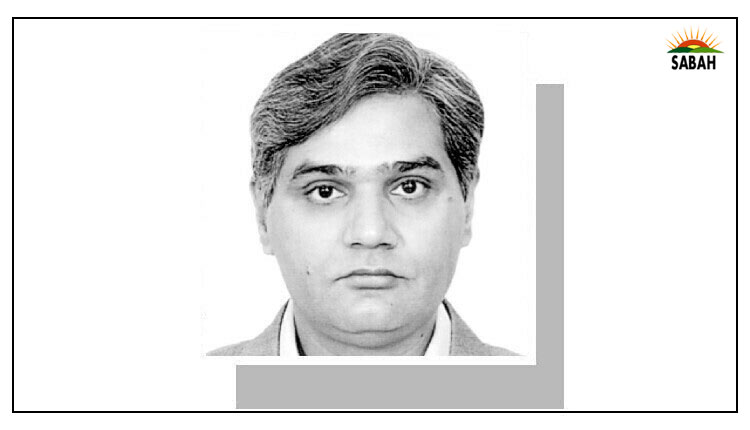The big test ahead…Muhammad Amir Rana
PAKISTAN finds itself in the midst of a delicate balancing act with regard to its relationships with Iran and Saudi Arabia.
This became evident recently when, at the same time that it secured a $2 billion deposit from Saudi Arabia which will boost total Saudi deposits in the State Bank to $5bn Pakistan banned the Iranian-backed Zainebiyoun Brigade.
Despite this move, President Asif Ali Zardari reassured his Iranian counterpart of Pakistans commitment to cooperation in areas of mutual interest, including security. These developments highlight Pakistans growing dependence on Saudi Arabia and the Gulf states due to evolving regional security concerns and persistent economic challenges. This increased reliance, however, may come with a few strings attached.
Tensions are soaring in the Middle East as the Israel-Hamas conflict threatens to escalate in the larger region. The US has restricted staff travel in Israel, fearing Iranian retaliation for a suspected Israeli strike on Irans consulate in Damascus. In this context, clipping the wings of Irans Islamic Revolutionary Guard Corps (IRGC) and its principal subsidiary, the Quds Force, has become essential for the US, Israel, and its allies in the Gulf.
The Quds Force employs all semi-conventional warfare tactics, including sophisticated techniques of guerrilla warfare and militancy. It operates through its regional proxies, the Iraqi Hashd al-Shaabi, the Afghan Fatemiyoun Brigade, the Pakistani Zainebiyoun, and Yemens Houthis.
The Zainebiyoun Brigade is believed to have been involved in supplying weapons to the IRGC in the Middle East. Last month, reports emerged of alleged Zainebiyoun members of Pakistani origin being apprehended in international waters for carrying weapons to be given to the IRGC in the Middle East. In another incident, the death of a Pakistan-origin commander in Syria affiliated with the group paved the way for Pakistan to ban it.
Pakistani law-enforcement agencies are believed to have sufficient proof of the Zainebiyoun Brigades involvement in sectarian violence in the country and recruitment for the Iraq and Syria conflict, but the government had not acted earlier because of circumstances linked to the alleged presence of Baloch insurgents on Iranian soil. The loyalty of its members, who prioritise ideological affiliations over national ties, also remains a major challenge for security institutions.
The combination of PM Sharif and President Zardari is a feasible way to ensure a Saudi-Iran balance.
The involvement of a section of Shia youth in transnational political activism and militancy goes back to before the 1979 revolution, with figures such as Arif al-Husayni playing key roles. The Brigade has acknowledged ties with the Quds Force since around the 2001 US invasion of Afghanistan, and its formation was announced in 2014 during the conflict in Syria. It has recently pledged its readiness to follow orders from the IRGC.
The insurgent Sunni Baloch group, Jaish al-Adl, has been a long-standing source of tension between Iran and Pakistan, though labelled as a terrorist organisation by both countries. Jaish al-Adl has intensified its operations against the Iranian security forces, which is building pressure on Pakistan to act against it. Iran says Jaish al-Adl is a Saudi proxy operating from Pakistani soil.
Iranian drone and missile attacks in Balochistan in January this year and Pakistans tit-for-tat response aggravated tensions between the two countries. Though immediate diplomatic efforts eased immediate tensions, mistrust continues to lurk beneath the surface.
Jaish al-Adl has continued attacking the Iranian security forces, while recruitment for the Zainebiyoun has also continued. Meanwhile, Iranian government has not taken any concrete action against the Baloch insurgents on its soil.
The Iran-Pakistan gas pipeline remains a major reason for Pakistans tolerance of some key security issues with Iran. The pipeline was an old idea, but implementation began much later, when Asif Ali Zardari was nearing the completion of his first term as president. Iran has built its part, but Pakistan is hesitant to proceed at its end, due to pressure from Saudi Arabia and the risk of debilitating US sanctions.
The US has continuously signalled to Pakistan not to pursue the project. If Pakistan fails to fulfil its commitment to building the pipeline, it could face a hefty fine, potentially having to pay $20 billion. The last interim government had tasked a company with building Pakistans portion of the gas pipeline. However, the changing situation in the Middle East and Pakistans internal economic situation may delay construction.
Apparently, the combination of Prime Minister Shehbaz Sharif and President Asif Ali Zardari is a feasible way to maintain a balance between Iran and Saudi Arabia. Sharifs family is considered close to the Saudi camp, while the Saudis have doubts about the PPP leaderships credentials on sectarian matters and their approach to Iran. Prime Minister Sharif has secured a commitment from the Saudi crown prince to accelerate the implementation of the massive $5bn plan. President Zardari has invited his Iranian counterpart, Ebrahim Raisi, on an official visit to the country to ease tensions.
Iran will remain a tough diplomatic, political, and security challenge for Pakistan. It remains to be seen how President Zardari copes with the challenge, especially if the conflict in the Middle East escalates and leaves few choices for Pakistans closest allies in the Gulf. Meanwhile, an IMF bailout for Pakistan is also seen to be linked to how the latter country conducts its relations with Iran.
A concerning scenario could emerge if the Middle East crisis worsens and forces Iran to utilise the full potential of its alleged proxies in the region, including in Pakistan. This could have security ramifications, as pro-Iranian organisations could launch large-scale anti-Israel, anti-US, and anti-Saudi protest movements in support of Iran.
Other religious parties would likely be forced to choose sides, potentially disrupting the sectarian equilibrium the country achieved after a long struggle. One can recall the first Gulf War in 1990-91, when the power elites and the masses were divided into opposing camps.
Pakistans real test ahead is to remain neutral and maintain its relationships with both Iran and Saudi Arabia.
Courtesy Dawn


